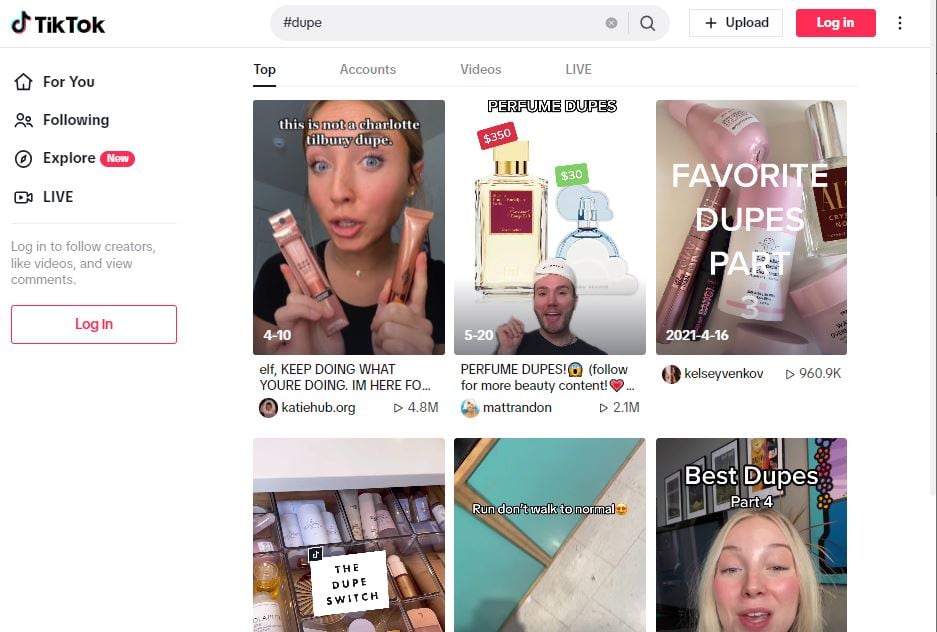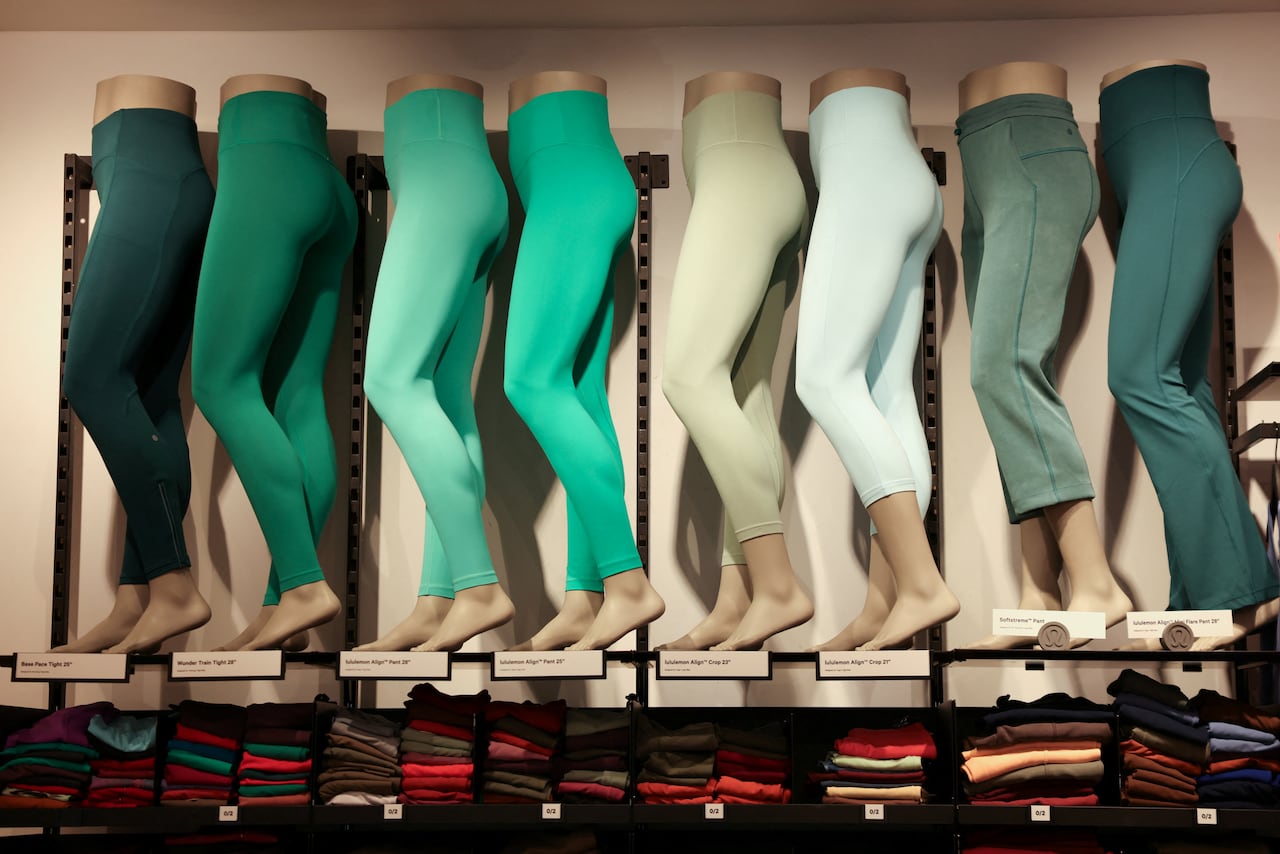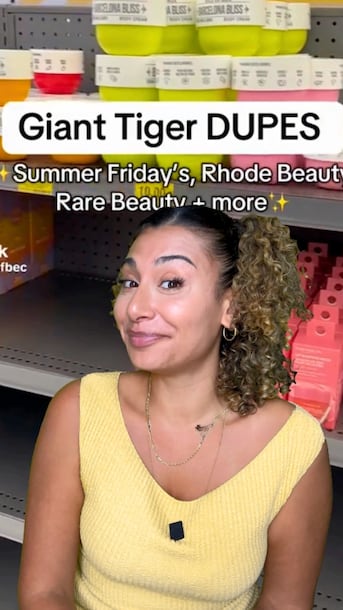Lululemon trademarks ‘Lululemon dupe’ in the U.S., in latest lookalike crackdown

The internet might love dupes of Lululemon's athleisure — but the Vancouver-based company sure doesn’t.
Lululemon has secured a trademark for the phrase “Lululemon dupe” in the U.S., according to U.S. Patent and Trademark Office documents. It was awarded on Oct. 21 after the athleisure company first applied for it in December 2024.
The trademark applies to advertising, marketing and retail services (both in store and online) — and it means that only Lululemon can use the phrase to market products.
As of Friday, no similar trademark filing was recorded on the Canadian Trademarks Database.
The move is a “very creative enforcement” technique on Lululemon's part to protect itself from dupes, says Susan Scafidi, founder of the non-profit Fashion Law Institute and a professor at the Fordham University School of Law in New York.
Dupes, short for duplicates, are products that look like a popular brand name one, but are sold for less. Unlike “fakes” or “knock-offs,” Scafidi says the word “dupe” doesn’t have the same negative connotations, which has left brands concerned about these products eating into their market share.

Now that Lululemon owns the phrase “Lululemon dupe,” Scafidi says others using it for commercial activity like advertising or marketing could be in trouble going forward — though what the company can enforce is quite narrow.
“It's not about the product. It's really just about that language.”
Scafidi says this could apply to influencers who are making money off of their dupe promotions or other marketers using the phrase online. On TikTok alone, thousands of posts use the hashtag to show off similar-looking clothing.
Brands selling Lululemon lookalike products don’t necessarily use the phrase in their product listings. But they could still be in hot water if they use the phrase in back-end information, like metadata, that would bring their product up when people search for Lululemon dupes online, says Ashlee Froese, a Toronto-based fashion and branding lawyer.
The particulars of the trademark might be less important, says Daniel Tsai, a business and law professor at the University of Toronto and University of Canada West.
Sometimes owning the trademark is enough so "the other guy gives up and walks away from it, stops selling the product."

Scafidi also points out that U.S. trademark law requires companies to use the trademark to keep it — meaning Lululemon will have to use the phrase itself in some way.
“My guess is that … they are probably going to build some kind of campaign or maybe activations or pop-ups around the idea of the dupe,” Scafidi said.
Lululemon did not reply to CBC’s request for comment in time for publication.
Lulu’s latest dupe-fighting attemptScafidi says Lululemon has long been one of the most creative companies out there when it comes to protecting its brand.
The company “took a lead” in using design patents, which can be used to protect certain ornamental elements of a product, to protect some of their clothing designs, Scafidi said. In 2023, Lululemon held a “dupe swap” in Los Angeles, where it allowed people who’d bought knock-offs of its popular Align pants to trade them in for the original Lululemon version.

“We saw it as a really fun way to play into something that is a real part of our culture, but in a way that really puts the focus back on the original,” Lululemon’s chief brand officer Nikki Neuburger told CNN Business at the time.
Lululemon also sued Costco earlier this year for selling alleged dupes of a number of its clothing items, including its uber-popular Scuba hoodies and sweatshirts, Define jackets and ABC pants. It settled a lawsuit with Peloton in 2022 over a similar accusation.
Froese says it's possible that other companies might try to do the same thing and trademark their own name plus the word “dupe.”
Aritzia, for one, already filed a trademark application in the U.S. and in Canada in March for the phrase “Aritzia dupe,” though it's still under examination in both countries.
She says brands will have to keep evolving in order to find new ways to protect their intellectual property, since copycat products are an inevitability.
“It's always going to be a cat-and-mouse situation."
cbc.ca




